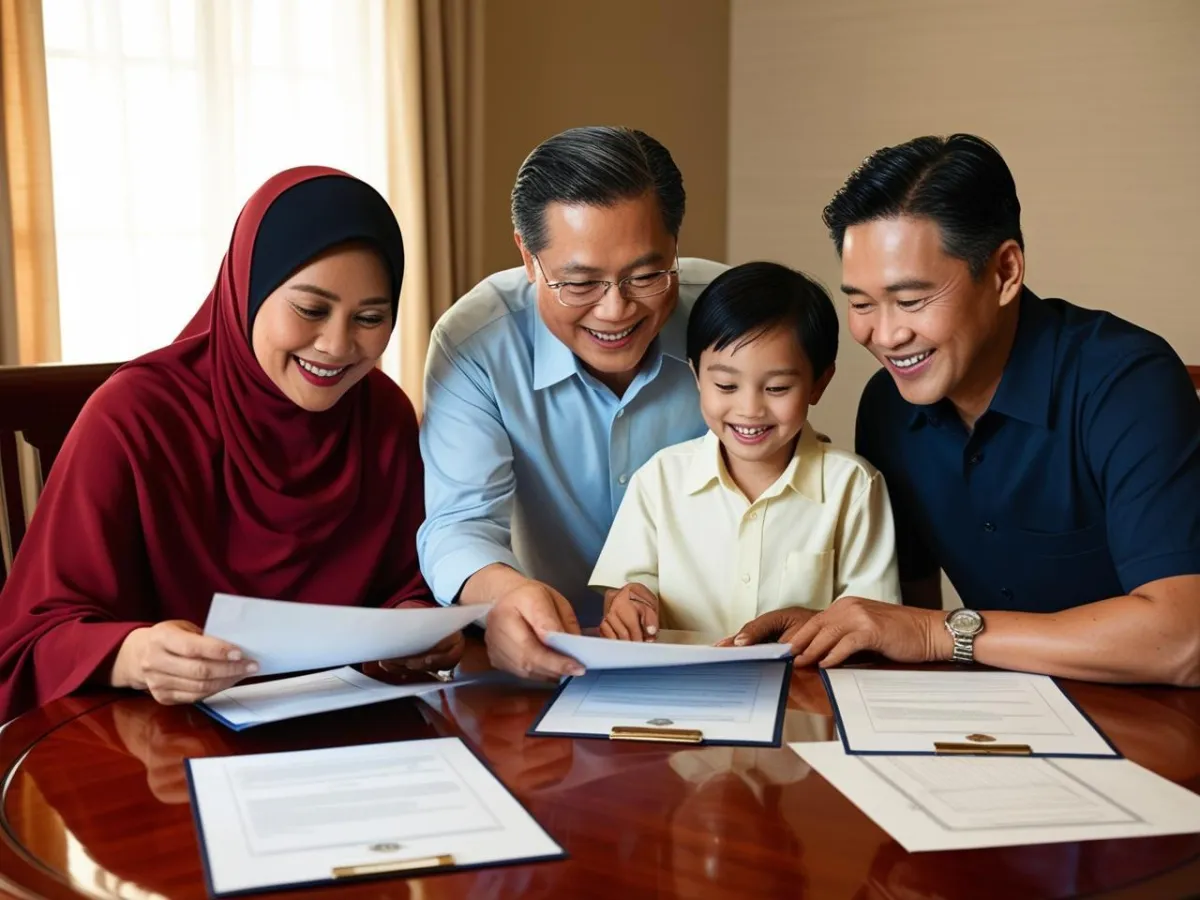
Book Your LPA Walk Through & Estate Planning Clinic
$7 Registration Fee includes light refreshments.
All registration fees will be donated to Dementia Singapore and Cycling Without Age - Singapore.
What you can expect:
A detailed walk through and consultation on how to prepare your LPA for certification
Free LPA certification on site (if you are ready), otherwise you can get your LPA certified for you and your immediate family members (spouse or parents) within the next 2 months from the date of attending the session
Will writing guide to get you started on your estate planning process
Note: The free LPA certification process is available for Singaporeans & Singapore PRs only. Singapore PR will be subject to additional registration fees from the Office of Public Guardian.

Upcoming Slots
(Use Calendar below to select your slots)
Venue: 73 Bras Basah Rd, NTUC Trade Union House #05-01, Singapore 189556
Frequently Asked Questions
Why do I need an LPA?
An LPA (Lasting Power of Attorney) is an essential part of your estate planning. It allows you to appoint someone—your Donee—to make critical decisions on your behalf if you lose mental capacity. These decisions can cover both personal welfare and financial matters, providing you with peace of mind that your interests are safeguarded.
Who should I assign as my Donee?
Your Donee should be someone you trust deeply, as they will have authority over important decisions in situations where you cannot make them yourself. Many people choose close family members or trusted friends, but it is essential to select someone who has the capability and/or capacity (especially to manage your assets) to make these decisions on your behalf.
What are the powers given in an LPA?
An LPA grants your Donee authority over two main areas:
- Personal Welfare: This includes decisions related to your healthcare, daily living arrangements, and medical treatment if you're unable to make these decisions yourself.
- Property & Affairs: This covers financial matters such as managing your bank accounts, handling investments, and paying bills on your behalf.
These powers can be tailored to your preferences, allowing you to specify exactly which decisions your Donee can make, providing flexibility and control over your future planning.
What’s the difference between Form 1 and Form 2 for the LPA?
The two forms cater to different levels of customization:
Form 1: This is the standard LPA form used by most people. It allows you to grant your Donee(s) general powers over your personal welfare and property and affairs. It’s straightforward and suitable for those who don’t require detailed customization.
Form 2: This form is for those who need a more customized arrangement. It allows you to specify detailed powers and instructions for your Donee(s) and requires a lawyer to draft it. Form 2 is ideal if you have complex needs or specific instructions you want your Donee(s) to follow.
Most healthcare workers choose Form 1 as it covers essential needs without additional legal costs. Our LPA certification sessions only certify for Form 1.
Do I still need to do an LPA if I have a Will, or vice versa?
Yes definitely, both an LPA and a Will are critical, but they serve different purposes. An LPA is effective while you are alive but mentally incapacitated, ensuring someone can manage your affairs if necessary. A Will, on the other hand, only takes effect after your passing, guiding how your assets and belongings are distributed. Both are essential parts of a comprehensive estate plan.
Are Singaporeans and PRs eligible for this?
This campaign is open to Singaporean healthcare workers at just $7. PRs are also eligible, though there may be additional costs associated with the certification process. For more details, reach out to our team for specific guidance.